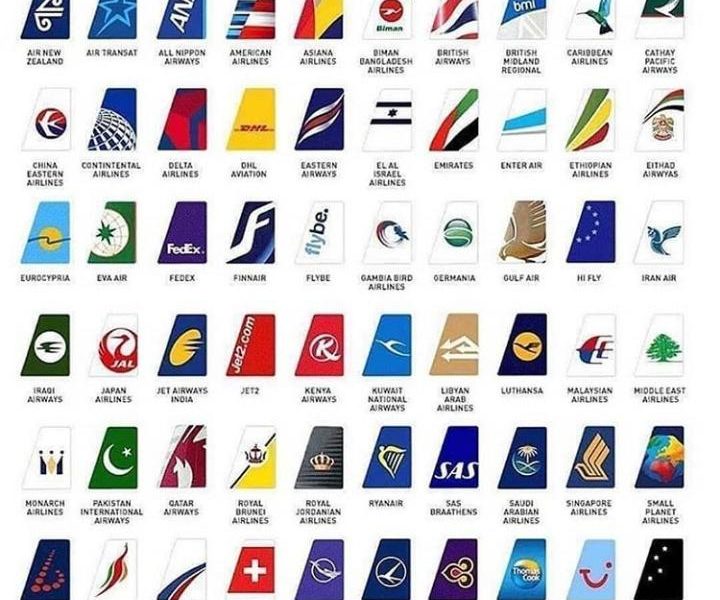Friday morning wasn’t kind to your portfolio or your potential gas bill. News broke of Israeli strikes inside Iran, and global markets reacted with the speed of a trader hitting the “sell” button. The immediate result? Oil surges, stocks fall on Middle East fears as Israel strikes Iran. It’s a headline that feels grimly familiar, yet demands a clear-headed look beyond the panic.
Let’s break down the tremors shaking the financial landscape:
- The Crude Catalyst: Oil prices, already sensitive to regional tensions, shot up like a rocket. Brent crude, the global benchmark, spiked over 3% instantly. Why? Simple fear psychology. The Middle East is the world’s gas station. Any conflict involving major players like Israel and Iran – especially near the Strait of Hormuz, a critical oil chokepoint – sends shivers down the spine of energy markets. Traders immediately price in the risk of disrupted supply, even if actual barrels haven’t stopped flowing yet. This oil surge is the market’s most visceral reaction.
- The Equity Evaporation: Stock markets globally took a collective wince. Major indices across Europe and Asia dipped, and US futures pointed sharply south. Why the sell-off?
- Higher Costs: Rising oil means higher input costs for almost everything – manufacturing, transport, you name it. That squeezes corporate profits.
- Inflation Angst: Central Banks (hello, Fed) have been wrestling inflation. An oil surge threatens to reignite price pressures, potentially delaying interest rate cuts investors desperately crave.
- Pure Uncertainty: War is the ultimate market destabilizer. Investors hate not knowing how far this escalates, leading to a classic “flight to safety” – out of stocks, into bonds or gold.
- Winners & Losers (The Immediate Aftermath):
- Energy Stocks (Briefly) Shine: Unsurprisingly, big oil and gas companies saw share prices pop. Higher crude prices boost their immediate revenue prospects.
- Travel & Transport Takes a Hit: Airlines and shipping companies got hammered. Jet fuel is a massive cost, and surges in oil directly eat into their bottom line. Think cancelled vacations (stocks) if fuel costs stay high.
- Defensive Plays Hold Up: Sectors like utilities and consumer staples (things people buy regardless) often weather initial storms better than flashy tech or discretionary spending stocks.
- Echoes of October 2023: This feels painfully reminiscent of the market chaos following the Hamas attack on Israel last October. Back then, we also saw a sharp oil surge and global stocks fall on the initial geopolitical shock. The key difference now? The direct involvement of Iran, a major oil producer and regional power, significantly raises the stakes and the potential for a wider conflict. The market remembers the last scare and is reacting faster, perhaps more severely.
What Happens Next? The Million-Barrel Question
Predicting geopolitics is a fool’s errand. The market’s trajectory hinges entirely on the scope and duration of this conflict:
- Contained Skirmish? If this remains a limited exchange with no major disruption to oil flows through the Strait of Hormuz, we could see a relatively quick reversal. The initial oil surge might ease, and stocks could claw back losses as fear subsides.
- Escalation? Further strikes, attacks on shipping, or refinery damage could send oil prices soaring much higher, potentially towards $100/barrel or beyond. This would guarantee sustained pressure on stocks, stoke inflation fears globally, and likely trigger deeper market corrections. Central banks would be boxed in.
What Should You Do? (Not Panic. Think.)
- Don’t Make Snap Decisions: Emotional trading rarely ends well. The initial market drop is often the sharpest.
- Revisit Your Risk Tolerance: Is your portfolio built for sudden volatility? If this keeps you awake, it might be time for a calmer allocation.
- Diversify, Diversify, Diversify: This is always your best defense. Energy up, airlines down? A balanced portfolio smooths the ride.
- Watch the Headlines, But Focus on Fundamentals: Geopolitical shocks are brutal, but markets historically recover. Keep an eye on core economic data (jobs, inflation) and corporate earnings – they’ll dictate the longer-term trend once the immediate shock fades.
The Bottom Line
Oil surges, stocks fall on Middle East fears as Israel strikes Iran – it’s the stark reality today. This event injects massive uncertainty into an already complex market. While energy stocks get a bump, the broader market recoils at the prospect of higher costs, inflation pressures, and unpredictable escalation.
History suggests initial reactions can be overblown. But the risk of a wider conflict involving key oil infrastructure means volatility is here to stay, potentially for a while. Keep calm, stay informed, focus on your long-term plan, and buckle up – it might be a bumpy ride near-term. Watch the Strait of Hormuz; it’s the world’s economic pulse point right now.



